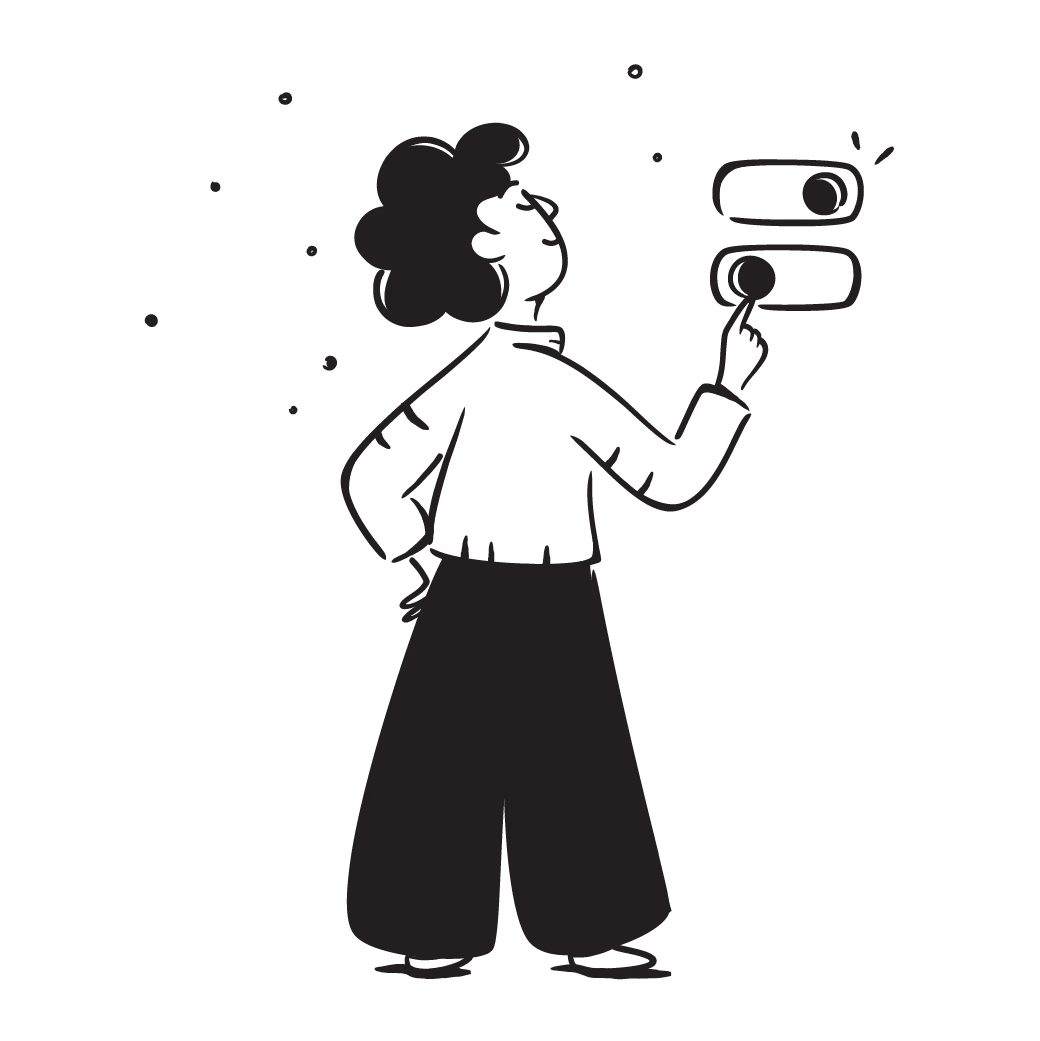Detaching from work

Detaching from work
Your brain won't shut up about that bug. Your manager's feedback is on repeat. That Slack notification just pulled you back into work mode at 9 PM. You're not alone, and it's not your fault that this is hard.
In tech, problems live in your head. You can't just "leave the assembly line" - the code follows you home. That logical puzzle keeps spinning in your brain. Your manager criticized your approach? That criticism doesn't clock out at 5 PM. It sits with you during dinner, while you're watching Netflix, even in the shower. It's harder to detach when your work is mental work.
Remember what work actually is
Here's the simple truth: you work to live, not the other way around. Work is a transaction. You give them your time and skills. They give you money. That's it. You're not saving lives (unless you actually are). You're not curing cancer. You're building software that makes someone else money. Keep it transactional. It's healthier that way.
That Slack notification at 8 PM? It's not an emergency. But your brain treats it like one. Mute Slack after work hours. Set specific times when you check messages. We live in an async world but treat every message like it's urgent. It's not. That "quick question" can wait until tomorrow. One notification can drag you back into work mode for hours.
You're not being paid to be online at 10 PM. If you want to do charity work, go volunteer at an orphanage. At least kids will actually benefit. Being available outside work hours doesn't make you a good employee. It makes you a doormat. Your manager doesn't get bonus points for having a team that never disconnects. You don't get promoted for answering emails on weekends.
How to actually disconnect
Here's what works: Go for walks to get your body moving and give your brain something else to focus on. Listen to music to fill your head with something that isn't work. Do chores - washing dishes is surprisingly meditative when you're not thinking about code. Cook something - use your hands, follow a recipe, create something you can actually eat. Physical activities help your brain shift gears.
This one's important: don't skip actual work hours to work during non-work hours. I see people do this all the time. They're in meetings all day, then do their "real work" at night. Now you're working both during meeting hours AND after hours. Meetings and responding to messages are part of your job. Treat them like work, not like interruptions to your work.
Nobody got fired for replying to a message the next day. Nobody got fired for finishing a task tomorrow instead of tonight. The urgency is usually fake. That bug will still be there tomorrow. That feature request can wait 16 hours. The server that's down? Someone else is already fixing it or it would have been escalated properly.
Your coworkers will survive without you for 16 hours. The company will not collapse because you didn't see that Slack message until morning. You are not that important. And that's actually a good thing.
Simple rules and getting started
When you don't disconnect, several things happen. You burn out faster. Your actual work quality suffers. You resent your job more. You become less creative and effective. Your personal relationships suffer. Ironically, always being "on" makes you worse at your job.
Turn off work notifications after 6 PM (or whatever your cutoff is). Don't check work messages on weekends unless it's actually an emergency. Use your brain for non-work things - read, exercise, talk to friends. Remember that delayed response doesn't equal bad employee. Keep work problems at work - they'll be there tomorrow.
Pick one thing and start there. Mute Slack for 2 hours after work. Take a 20-minute walk without thinking about work. Cook dinner without checking your phone. Read a book before bed instead of reviewing code. Small wins build into bigger boundaries.
You are not your job. Your worth isn't determined by how quickly you respond to messages or how much you think about work problems. Work is what you do to fund your actual life. Your actual life is everything else - your relationships, hobbies, health, growth as a human being. Protect that. It's the only thing that actually matters.
The code will be there tomorrow. The bug will get fixed. The feature will ship. You'll be fine. Actually, you'll be better.